International Women’s Day – SorghumBase Highlights Early Career Scientists
International Women’s Day, a day to recognize women’s achievements and promote gender equality, will be celebrated on March 8, 2023. In celebration of this important day, the SorghumBase team asked for self-identified, female, early career scientists to tell us about their work. These are some of the impressive women contributing to sorghum research and helping pave the way for a bright future of research and discovery.
Elizabeth Cooper – Assistant Professor, University of North Carolina, Charlotte
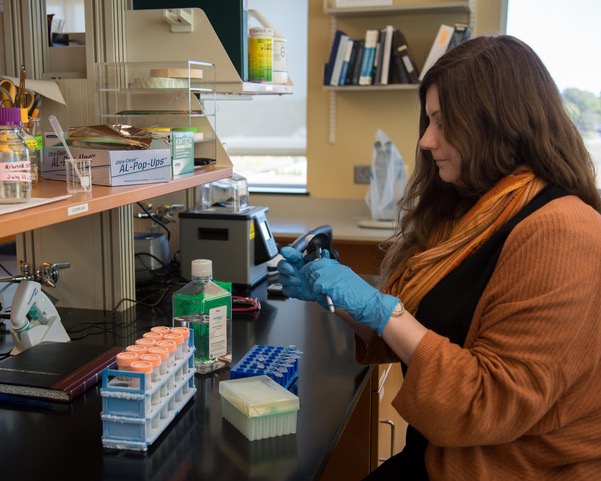
My group uses a combination of comparative genomics, bioinformatics, and population genetics to explore the role of large structural variations in the rapid evolution and diversification of widespread domesticated species like sorghum.
Related website:
Elizcooperlab.com

Christine Diepenbrock – Assistant Professor, University of California, Davis
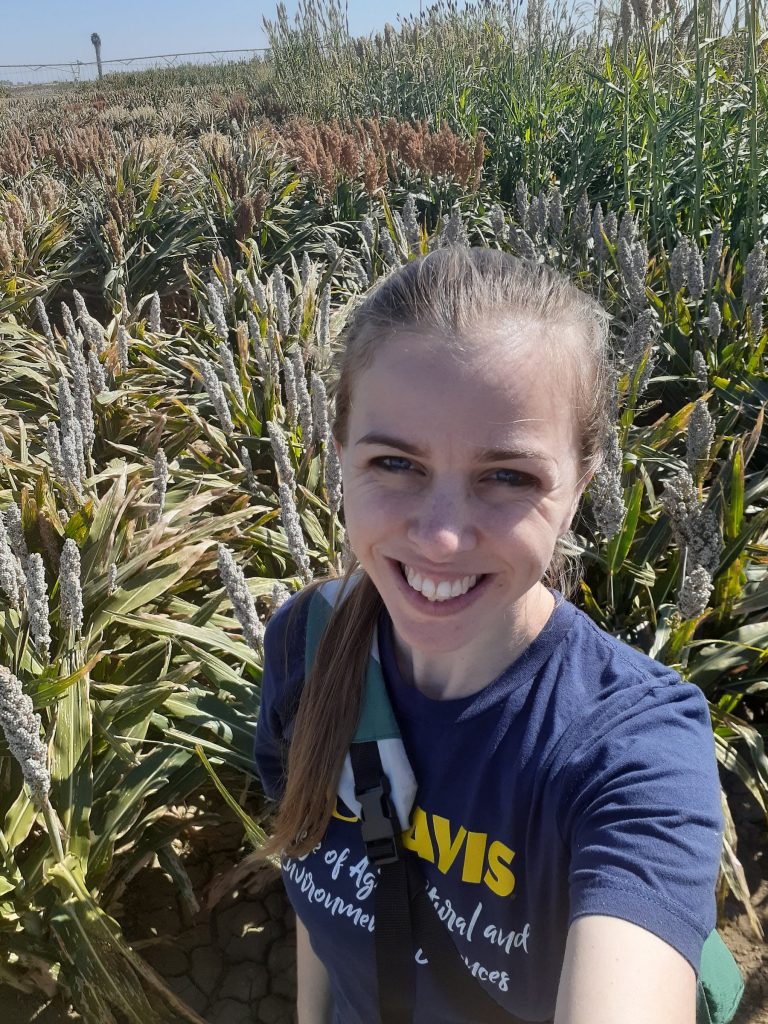
Our team is focused on improving crop productivity and nutritional quality simultaneously, including under conditions of drought and/or high temperatures. We do so by measuring plant characteristics in the field and lab, identifying genes related to these characteristics, using DNA sequence information to predict breeding values, and integrating models of plant growth and development.
Related website:
https://diepenbrocklab.ucdavis.edu/

Andrea Eveland – Principal Investigator, Danforth Plant Science Center
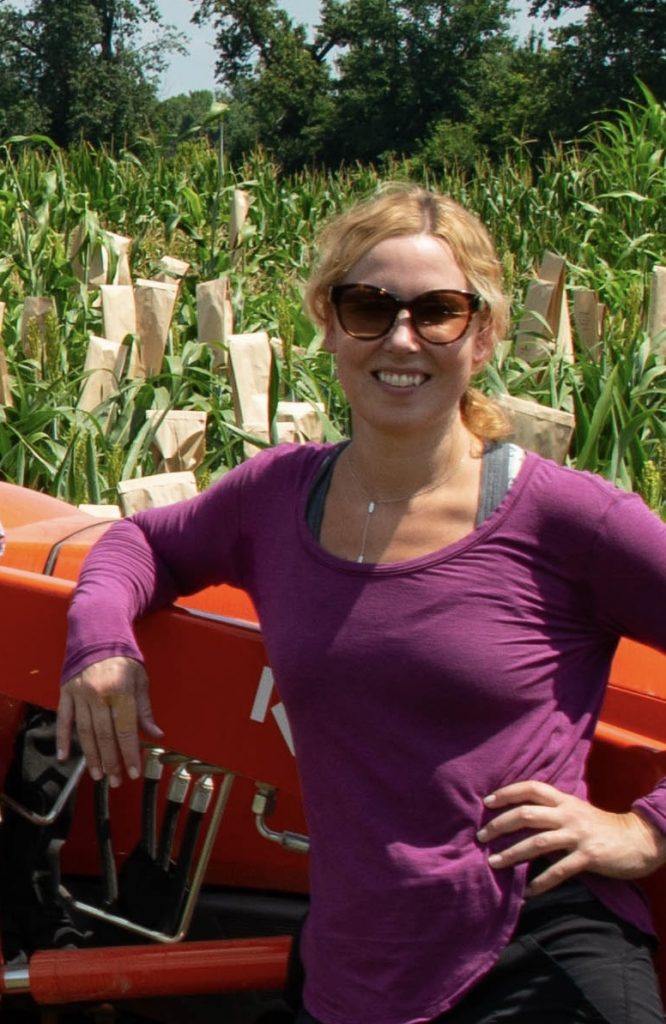
My group investigates gene networks and regulatory variation underlying shoot architecture traits and stress response pathways in cereals, mainly maize and sorghum. We also leverage cutting-edge phenomics methods to link genotype-to-phenotype and ultimately elucidate gene function for crop improvement.
Related website:
https://www.danforthcenter.org/our-work/principal-investigators/andrea-eveland

Jocelyn Holt – EEB Faculty Fellow, Rice University
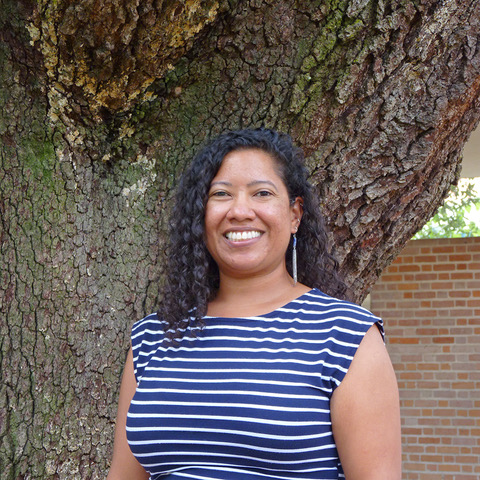
Jocelyn is an evolutionary ecologist and entomologist who analyzes population genetic and microbial composition to understand how this modulates pest insect traits and symbiotic interactions.
Related website:
holtjocelyn.wixsite.com/ento

Marylou Machingura – Assistant Professor, Georgia Southern University
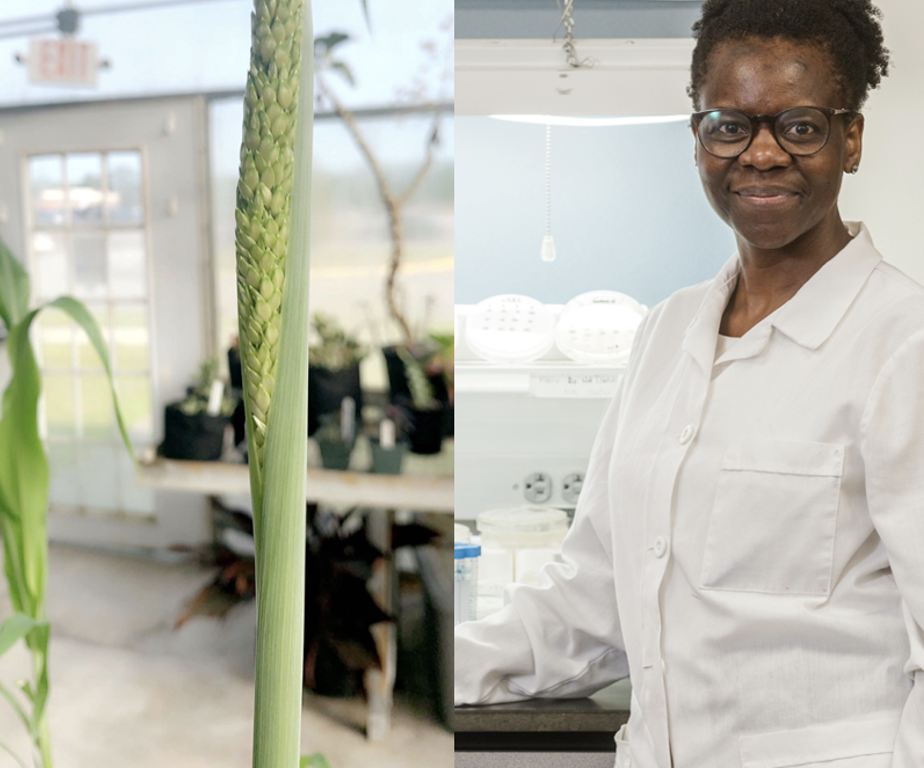
My research interests are understanding the molecular physiology of drought tolerance in sorghum and investigating the genes that drive resilience in the crop.
Related website:
scholar.google.com

Fanna Maina – Crop Geneticist/Research Scientist, Institut National de la Recherche Agronomique du Niger (INRAN)
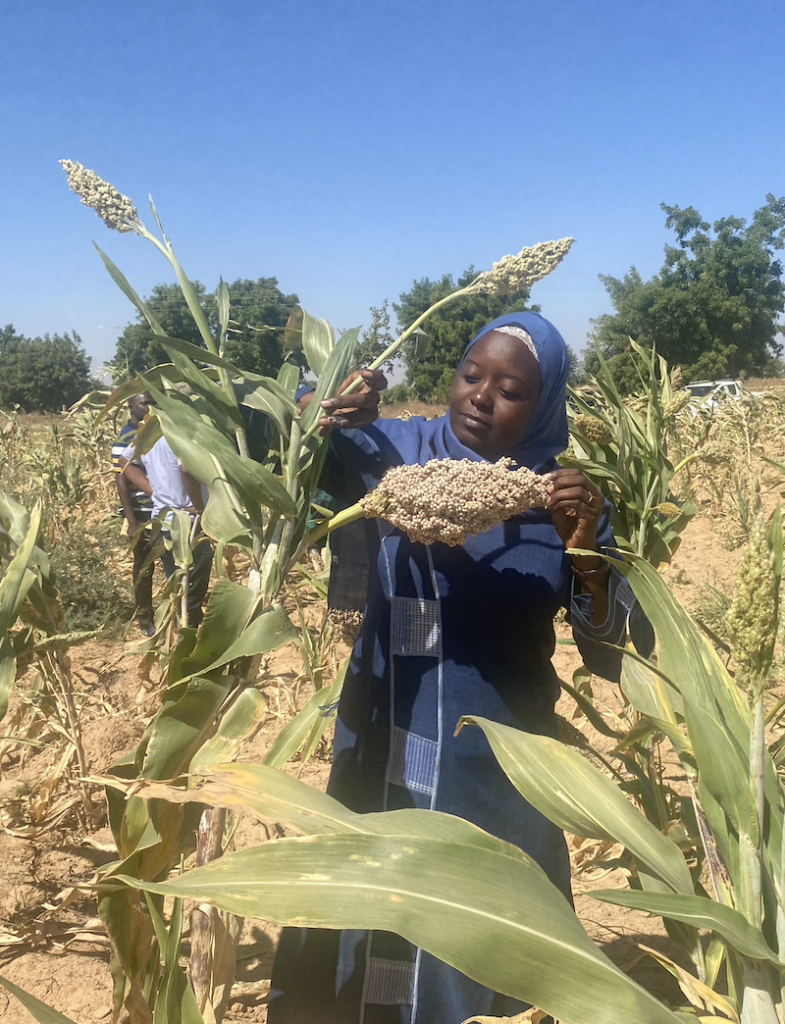
Fanna’s research focuses on genomic approaches to understand genetic architecture underlying local adaptation and traits of interest and developing genomic tools to accelerate breeding for locally adapted and tolerant varieties in Sub-Saharan Africa. Her activities will help small breeding programs achieve their objectives and improve the livelihoods of smallholder farmers.
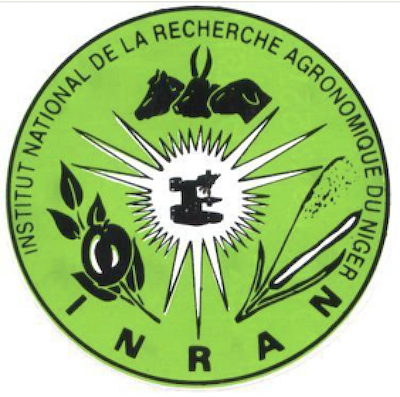
Davina Rhodes – Assistant Professor, Colorado State University
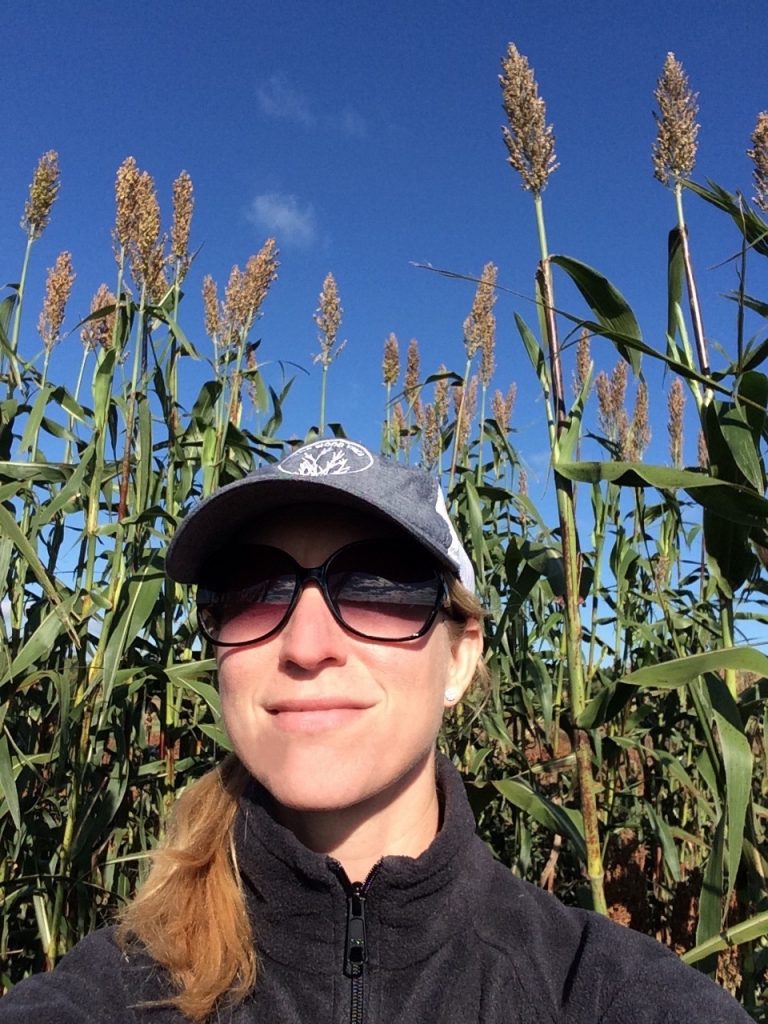
The mission of my program is to reduce vitamin A deficiency through crop biofortification. I started my nutrition career as a registered dietitian, working with people to treat their nutrition-related disorders. What I came to realize was that we needed to invest more in preventing the disorders, rather than treating them. So now I’m working with the source (staple crops) to improve the nutritional quality of the foods we eat, with the aim of reducing micronutrient deficiencies.
Related website:
biofortificationlab.org

Nadia Shakoor – Senior Research Scientist and Principal Investigator, Danforth Plant Science Center
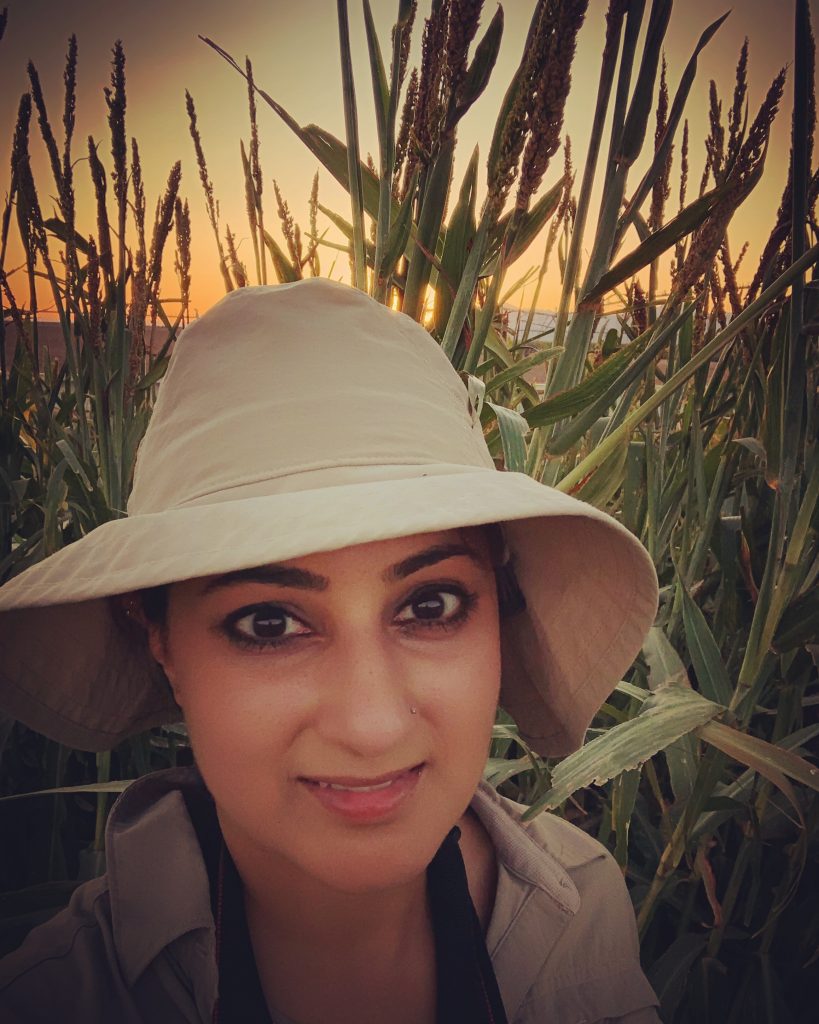
Our lab is working hard to create a high-impact research program that integrates and applies data streams from diverse technologies and disciplines towards addressing specific, real-world challenges in sustainable cropping systems. The lab develops and uses integrated digital agriculture systems to study the effects of phenotype, genotype, and environment on crop productivity. We are working collaboratively to study and optimize the ability of Sorghum bicolor to capture carbon dioxide from the atmosphere and store it in its roots, shoots and leaves.
Related websites:
www.shakoorlab.com
Danforth Center
www.agrelaeco.com
www.globalsorghuminitiative.org

Addie Thompson – Assistant Professor, Michigan State University
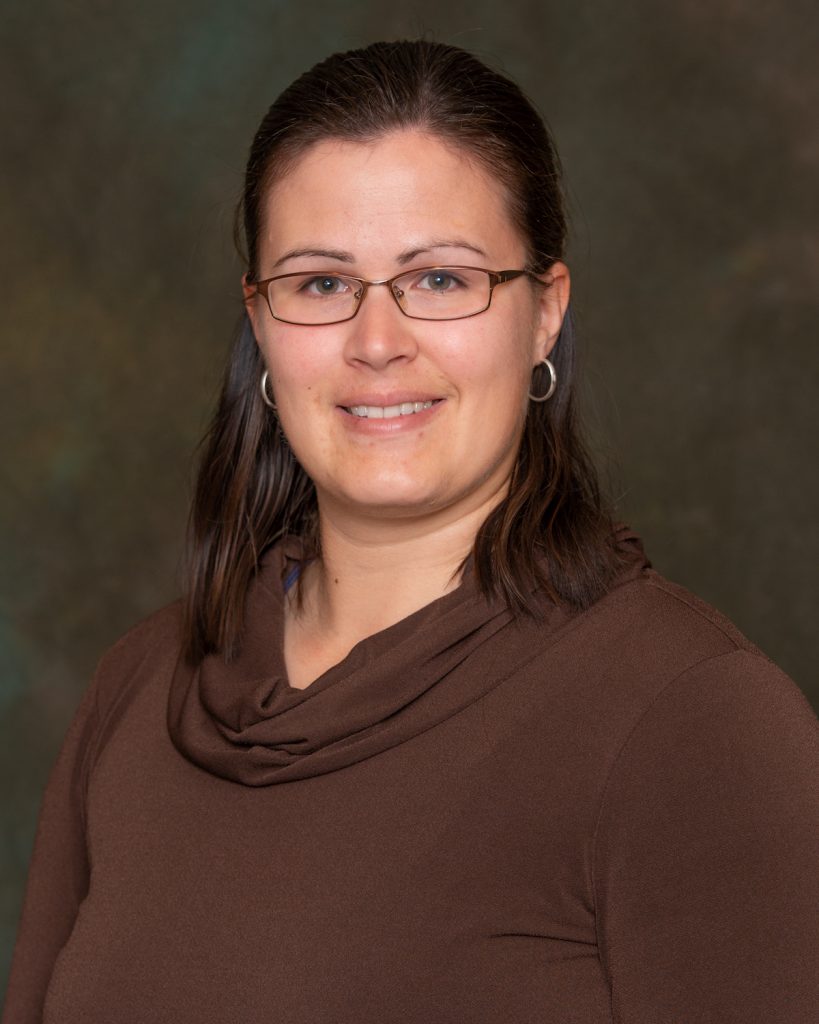
Our lab is interested in studying maize as well as sorghum, and how different genotypes grow in different environments. We focus on topics and applications relevant to plant breeding and crop improvement, using approaches ranging from quantitative genetics to phenomics to statistical and physiological modeling.
Related website:
www.thompsonmaizelab.org

Yinping Jiao – Assistant Professor, Texas Tech University
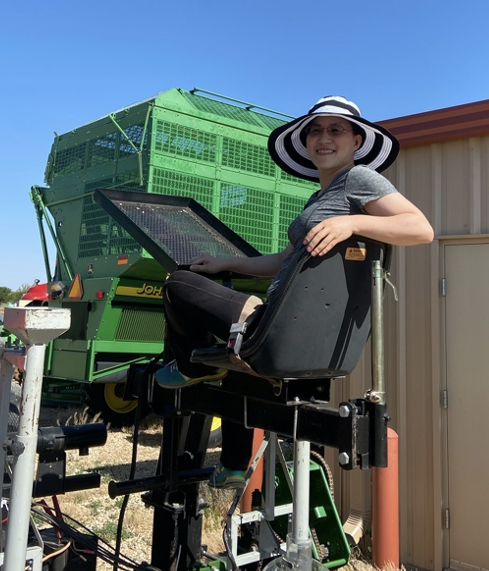
My group is focusing on identifying beneficial genes to improve sorghum grain quality. We are also developing sequenced index mutant sorghum populations for molecular genetics research and the discovery of new traits for breeding.
Related website:
Jiao lab website


